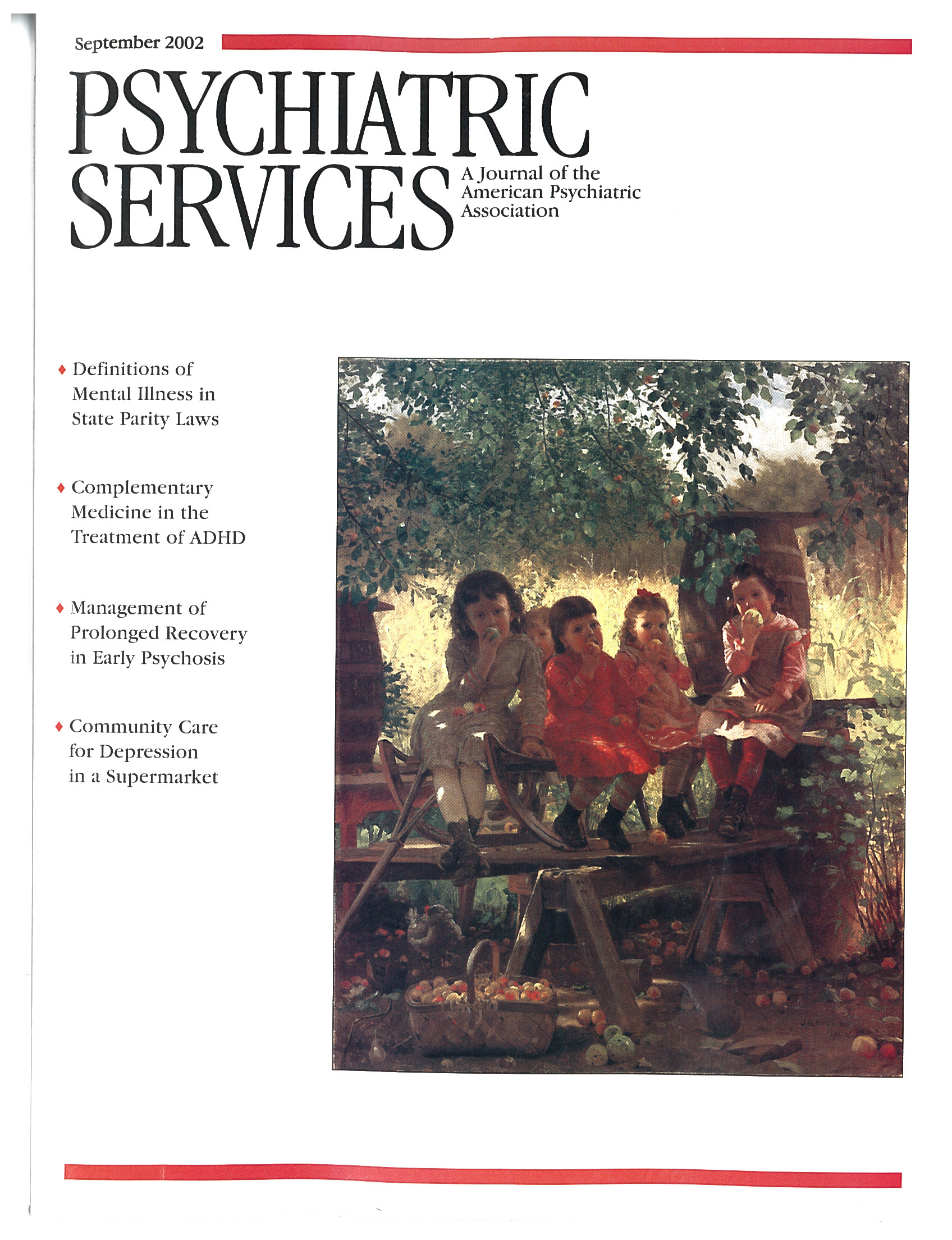Stigma and Violence
To the Editor: The special section in the December 2001 issue on stigma as a barrier to recovery included four papers that described how stigma decreases self-esteem and impairs the recovery of individuals with severe psychiatric illnesses (1,2,3,4). Like most current publications on stigma, the section opened with a quotation from the Surgeon General's 1999 report on mental health (5), which cited stigma as "the most formidable obstacle to future progress in the arena of mental illness and health."
Remarkably, however, none of the four papers mentioned the most important cause of stigma, which is cited in the Surgeon General's report. As stated in the report: "The answer appears to be fear of violence: people with mental illness, especially those with psychoses, are perceived to be more violent than in the past." The report notes that in the 1950s, when most seriously mentally ill individuals were hospitalized, only 13 percent of the public associated mental illness with violence, while in the 1990s, 31 percent of the public made this association.
It seems clear from the Surgeon General's report, as well as from research studies, that little progress will be made in decreasing stigma until we address the issue of violence. To do so is currently considered politically incorrect by some people, who claim that addressing this issue will cause additional stigma. Yet, if violence is the main cause of the stigma, our failure to address it simply ensures that stigma will continue indefinitely.
Dr. Torrey is affiliated with the Treatment Advocacy Center in Arlington, Virginia.
1. Sirey JA, Bruce ML, Alexopoulos GS, et al: Perceived stigma and patient-rated severity of illness as predictors of antidepressant drug adherence. Psychiatric Services 52:1615-1620, 2001Link, Google Scholar
2. Link BG, Struening EL, Neese-Todd S, et al: The consequences of stigma for the self-esteem of people with mental illnesses. Psychiatric Services 52:1621-1626, 2001Link, Google Scholar
3. Perlick DA, Rosenheck RA, Clarkin JF, et al: Adverse effects of perceived stigma on social adaptation of persons diagnosed with bipolar affective disorder. Psychiatric Services 52:1627-1632, 2001Link, Google Scholar
4. Struening EL, Perlick DA, Link BG, et al: The extent to which caregivers believe most people devalue consumers and their families. Psychiatric Services 52:1633-1638, 2001Link, Google Scholar
5. Mental Health: A Report of the Surgeon General. Washington, DC, US Department of Health and Human Services, 1999Google Scholar



